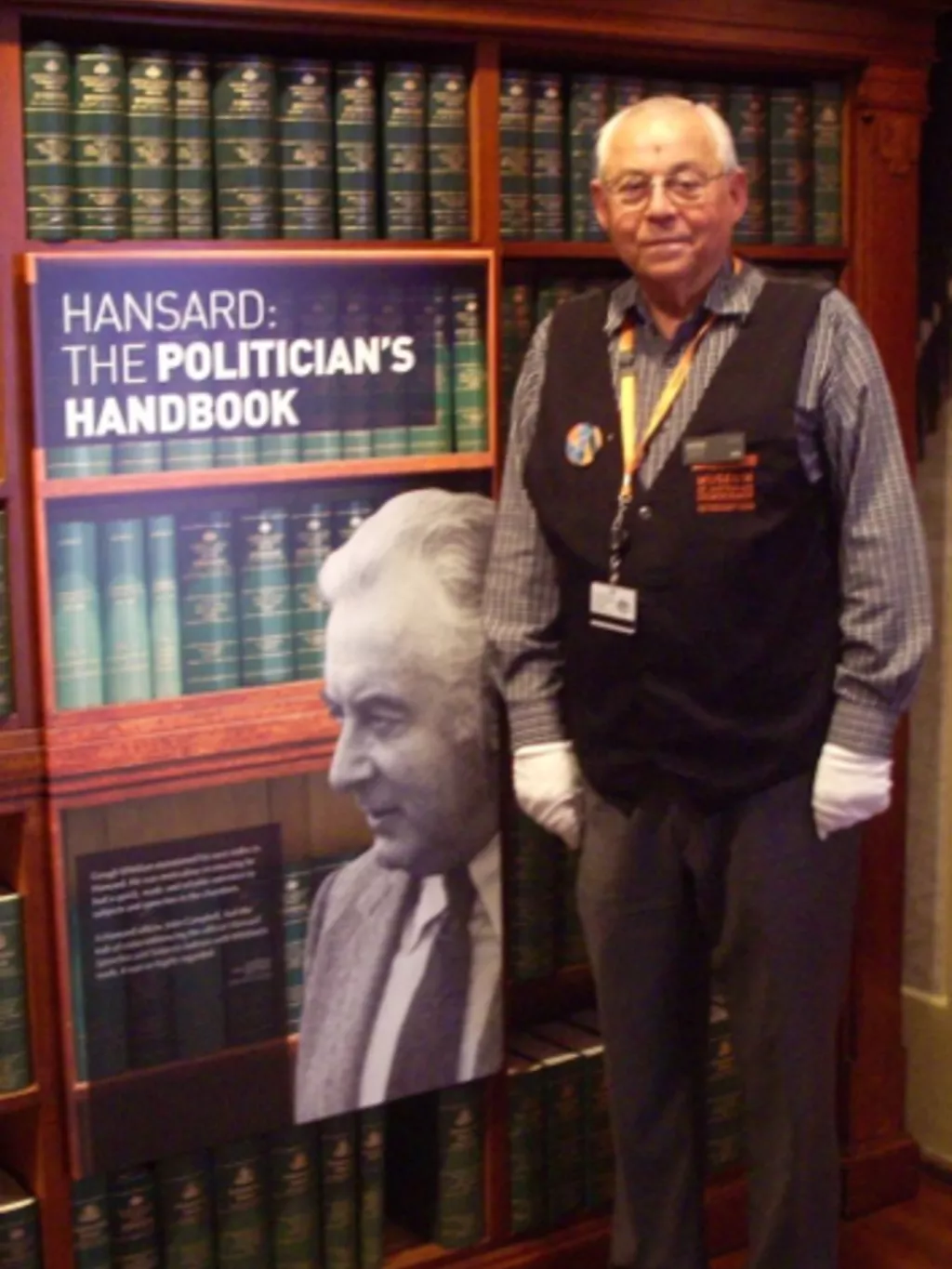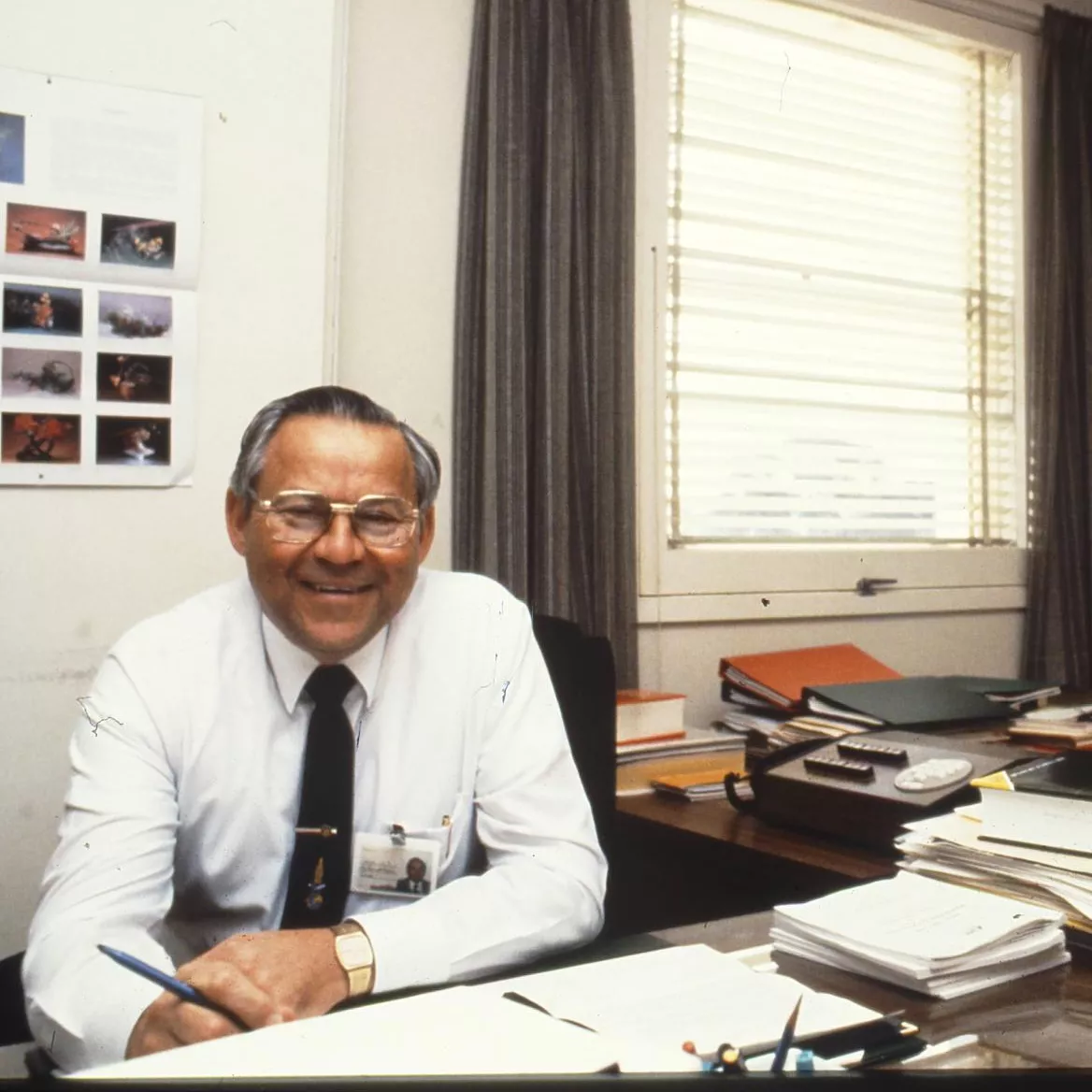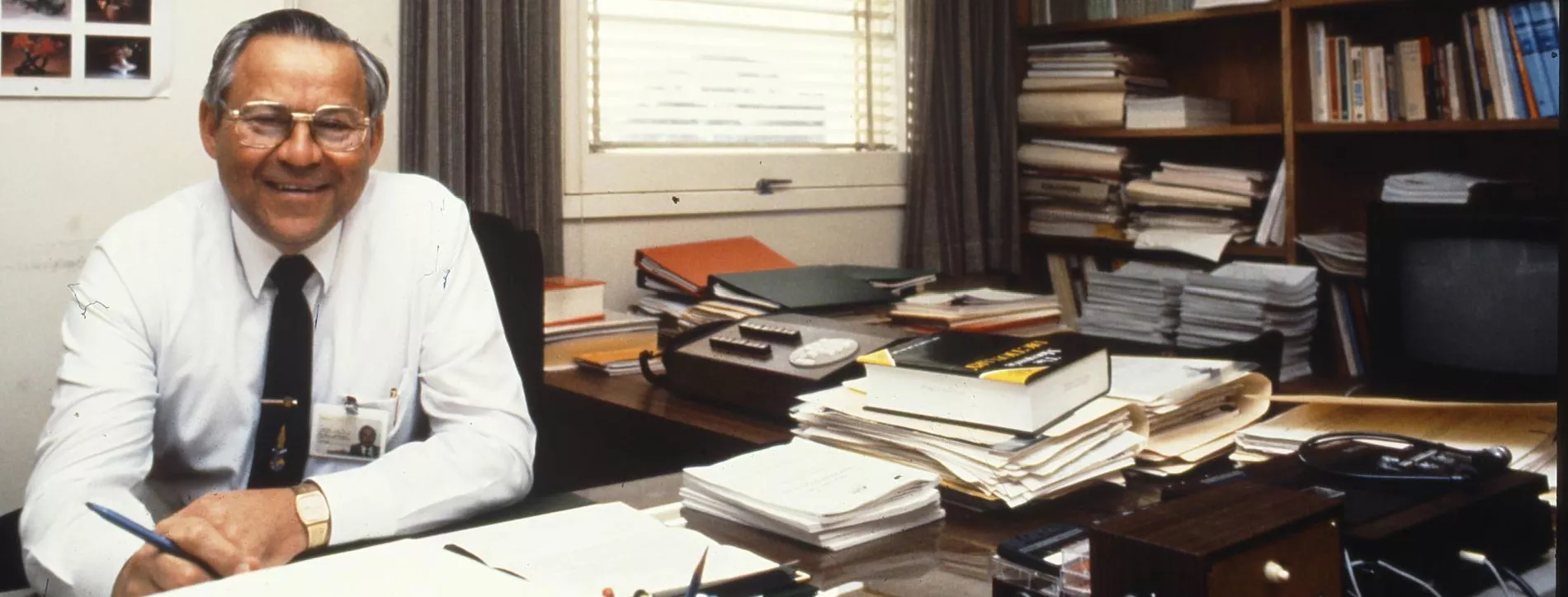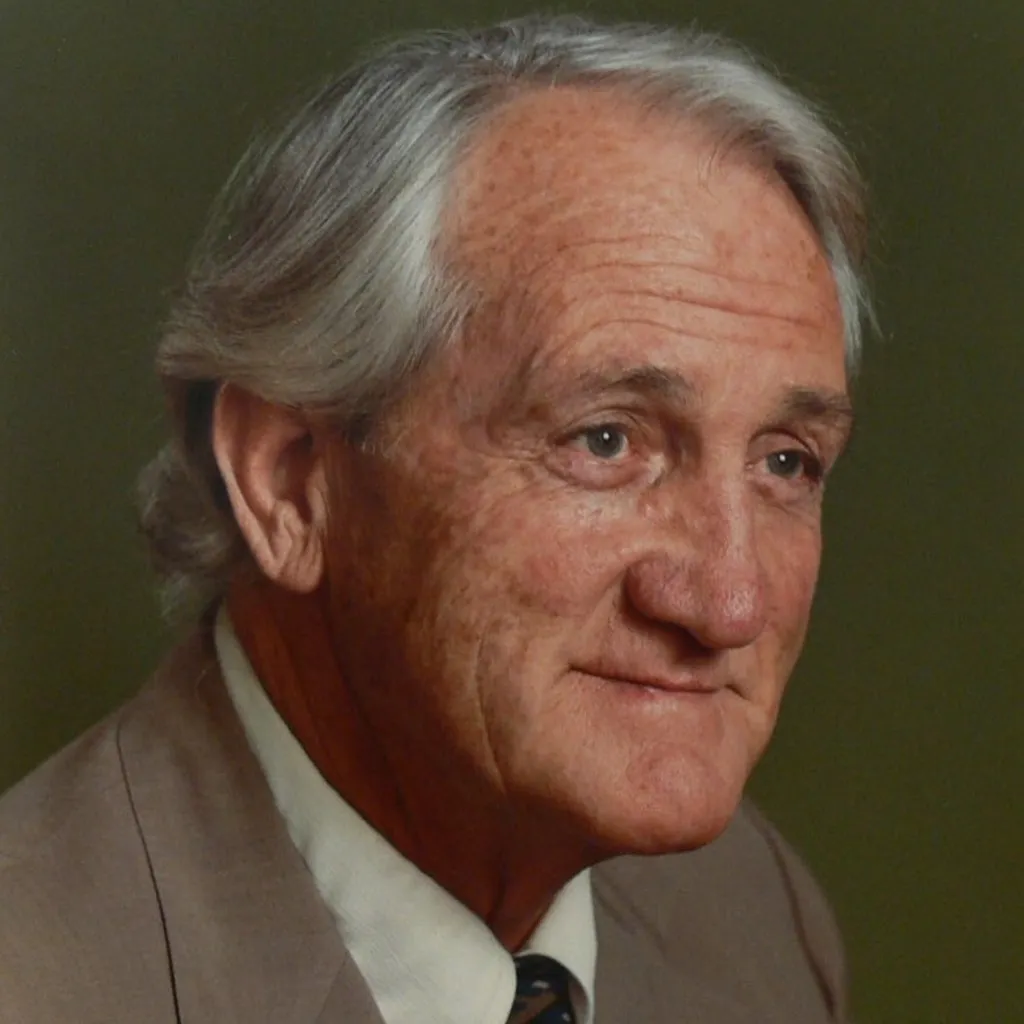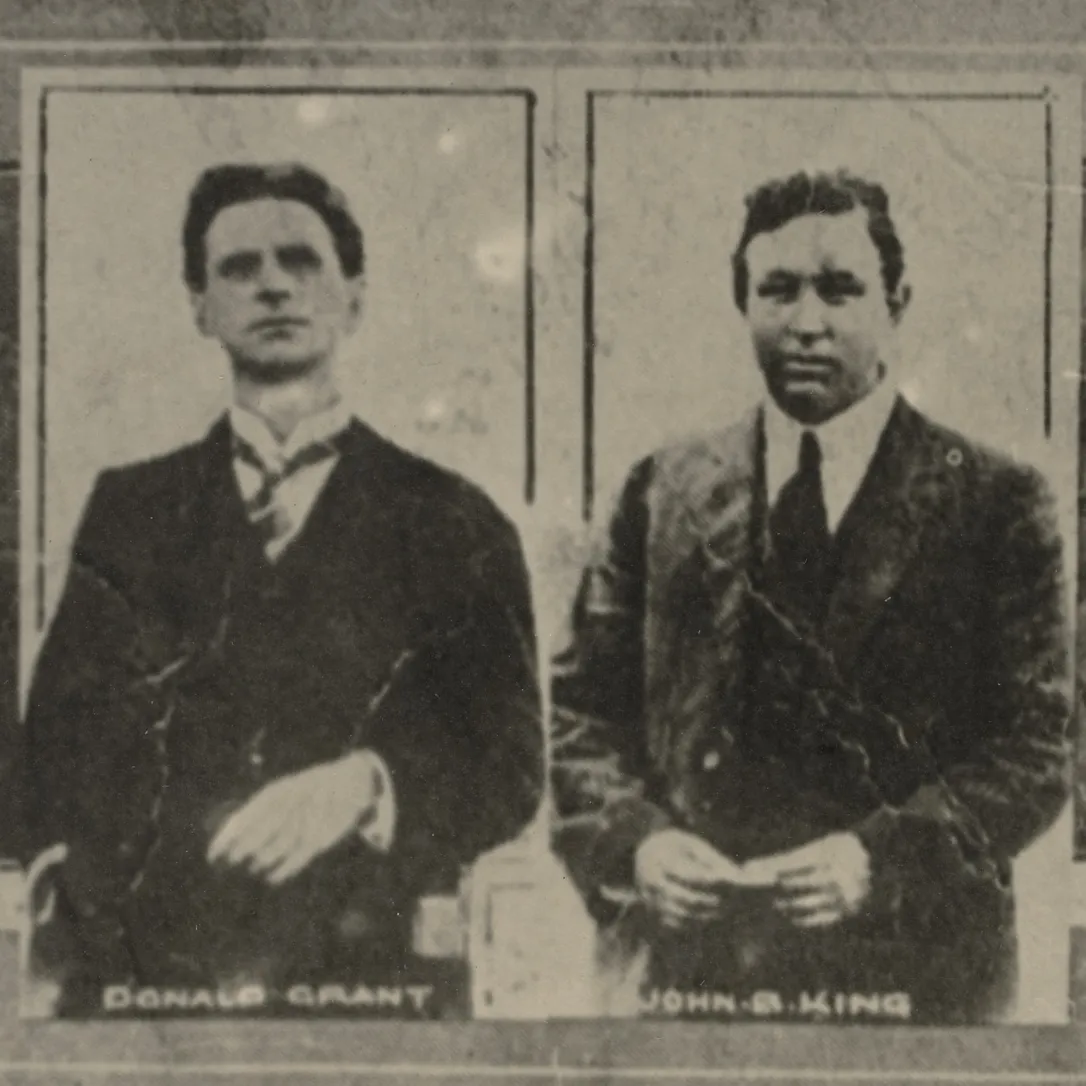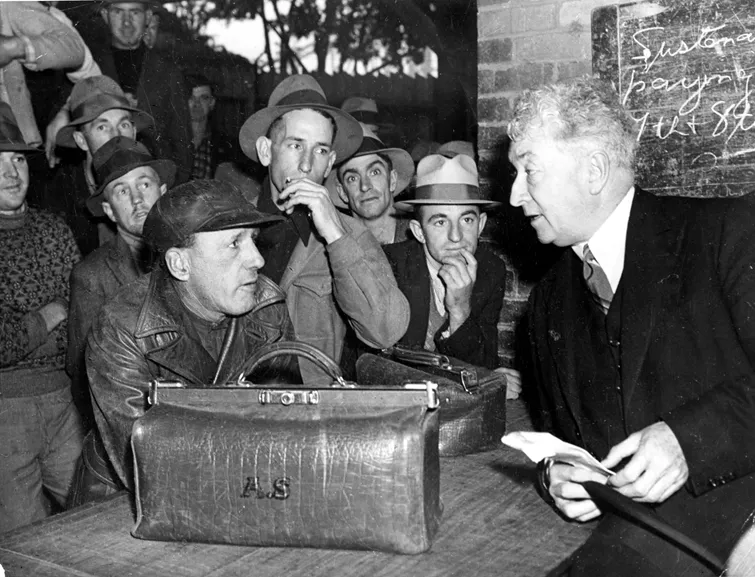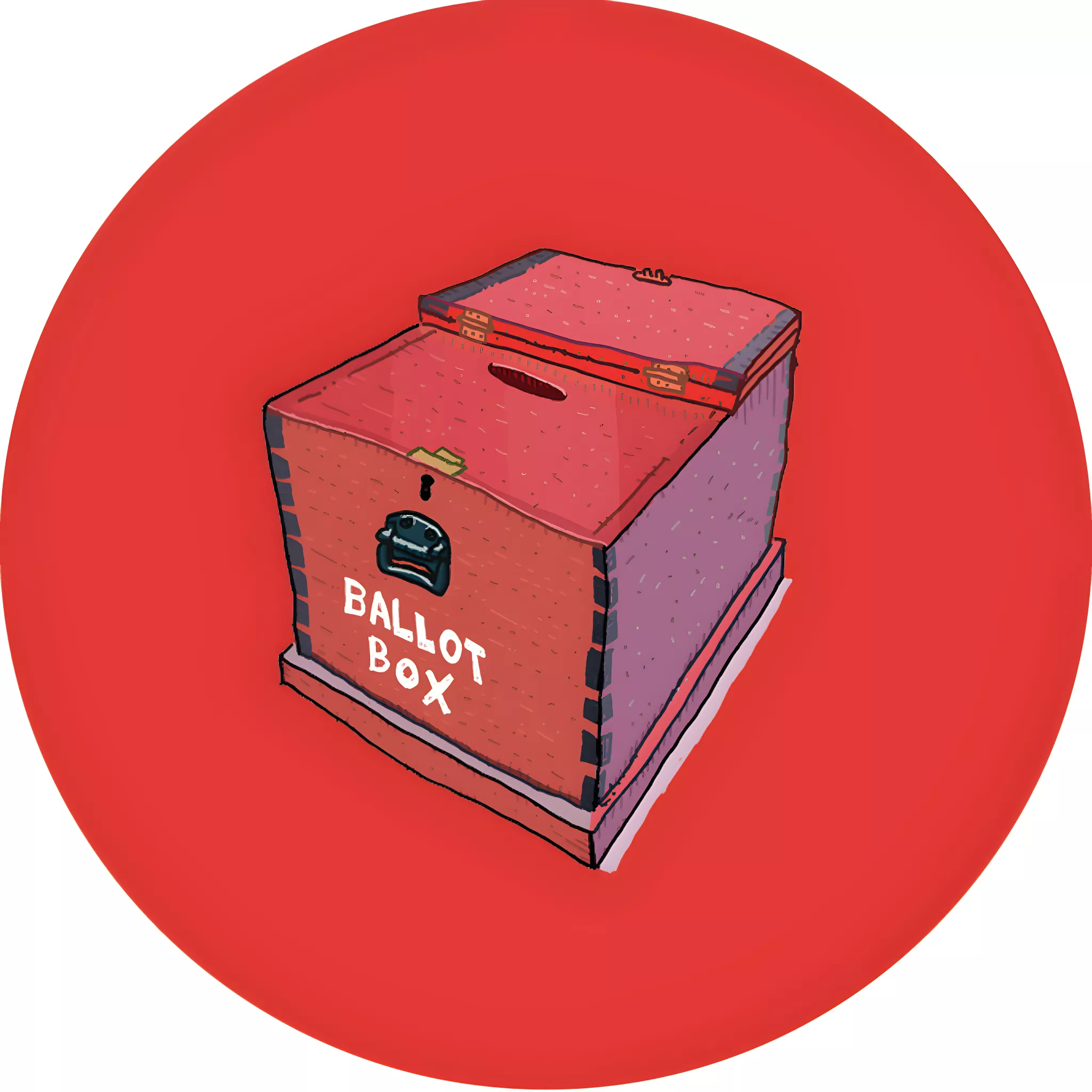Sixty years of service: John Campbell
- DateFri, 28 Aug 2020
In 1960, a young man in Brisbane noticed a newspaper advertisement for a position of Hansard reporter at Parliament House, Canberra.
It would change his life forever.
Today, that young man of 1960 is a volunteer guide for the Museum of Australian Democracy at Old Parliament House, continuing a six decade-long relationship with the building that has played an important part in his life.
John Campbell was born and raised in Queensland, and at high school he learned the skill that would serve him well for decades… shorthand. This ability helped 15 year old John to secure his first job, as an office boy or trainee reporter in the State Reporting Bureau, which was responsible for providing the official records of Queensland’s higher courts and the State parliament.
'We hadn’t been [in the House of Reps Chamber] very long when a very tall, elegant figure came through the door and just looked over to his left and glanced down and saw…me, and he said, ‘Oh hello, you must be the new lad from Brisbane,’ and I said, ‘Yes I am,’ and of course, that was Gough Whitlam. And so that was actually my introduction…'
After two-and-a-half years of training and seven years travelling Queensland as a court reporter, came the fateful day when John spotted that newspaper advertisement. John submitted an application… and was successful!
John describes his move to Canberra as not only a bit of a culture shock, but also a climate shock. 'I’d never seen snow or frost or anything like Canberra and I always remember my father came down to visit shortly after I arrived in Canberra and my car had been parked out in the open outside Lawley House, and when he went out early one morning and saw the car with frost all over it, although he’d grown up in Scotland as a boy, he was absolutely astounded at the difference in climate.'
'When I came we had a staff of about 25 permanent officers and we had 10 sessional typists, and being in a quite prime position in the building which we were always anxious to retain, we were in quite cramped conditions. The ten typist transcription booths were around the perimeter of our Hansard area …[there was also] a tiny little broom cupboard in effect, which at one point was converted into a transcription booth.'
Although he commenced his new job on Monday 22nd of August 1960, parliament did not sit until the following day and John confesses that he found his first five minute turn of taking notes stressful. He was exceedingly nervous; so much so that he needed the help of his supervisor to transcribe his notes from the Senate Question Time; but he did it, the first of countless turns in both chambers.
There were many memorable events that occurred during John’s time working in Hansard including some that, although they didn’t actually occur in the parliament itself, had an impact on it; the retirement of Sir Robert Menzies, the 1967 Referendum, Harold Holt’s disappearance, John Gorton’s loss of the Liberal Party leadership (which ended his term as prime minister), and the dismissal of the Whitlam Government.
'If we can do anything to encourage young people, particularly school children…to learn more and more about our democratic system…then I believe that that’s something which is well and truly worth putting as much effort as we possibly can into it …I had great memories of working in the building and I felt that I might be able to impart some of my enthusiasm for the building to visitors to the building and do something towards achieving those purposes.'
However, John rates the Joint Sitting in 1974 as the most significant event in his experience, as it is the only Joint Sitting held under the provisions of Section 57 of the Constitution, dealing with Disagreement between the Houses. That, and the last sitting of parliament in Old Parliament House, in 1988. By that time John had been on the Hansard staff for 28 years – almost half of the 61 years that parliament had occupied the building – and risen to the top post of Principal Parliamentary Reporter.
He moved ‘up the hill’ to the new Parliament House and continued for another 18 months before retiring in March 1990. Retirement didn’t last long, though, and within months John had successfully applied for the role of editor of the Hansard of the A.C.T. Legislative Assembly, a position he held until August 1998.
In November 1999, John combined his knowledge of Hansard and parliament with his love of Old Parliament House, and joined our volunteer program. As a volunteer guide, John was able to share his first-hand experiences of the building along with personal anecdotes to give visitors a unique insight into how it used to be when this place was the Parliament House.
